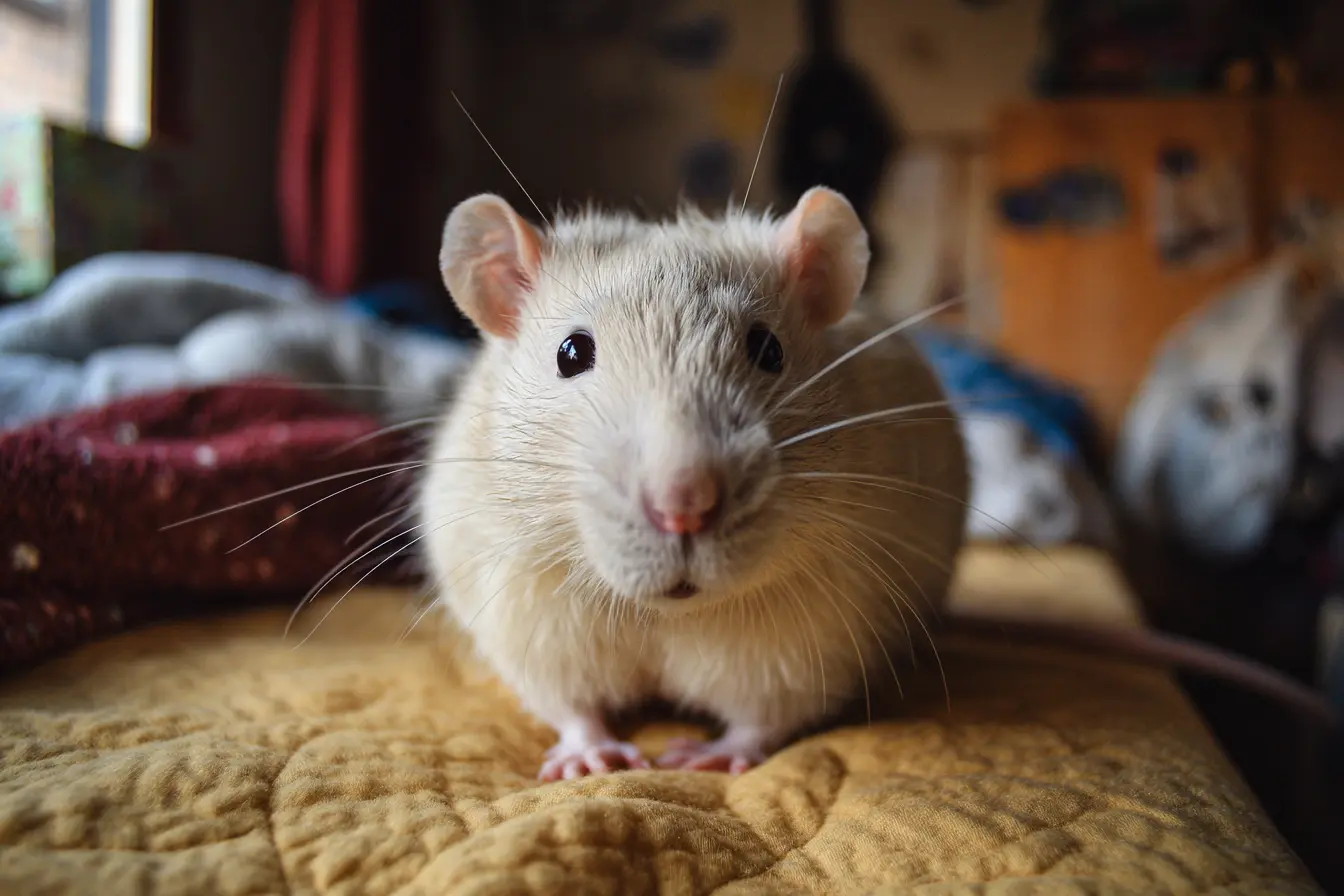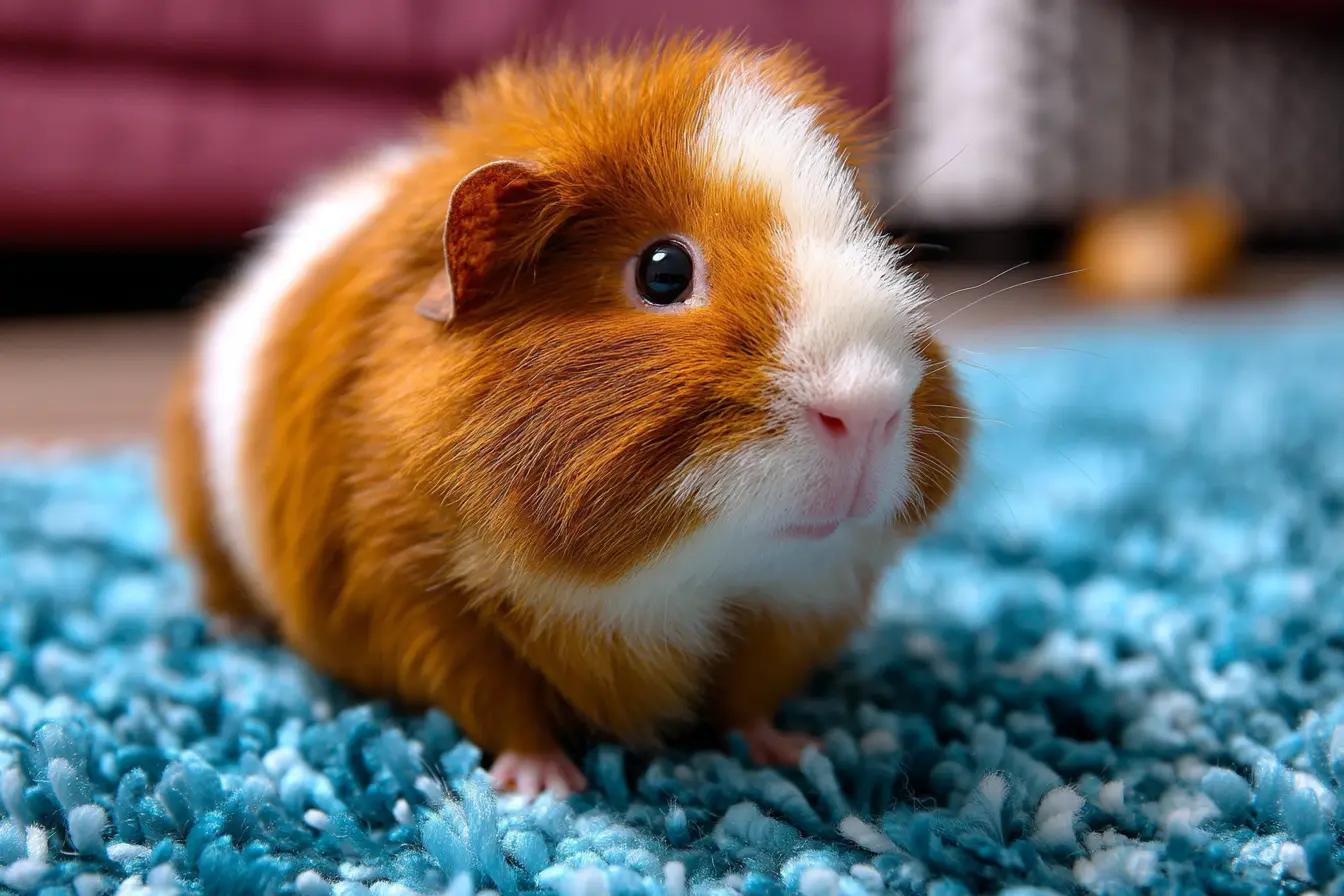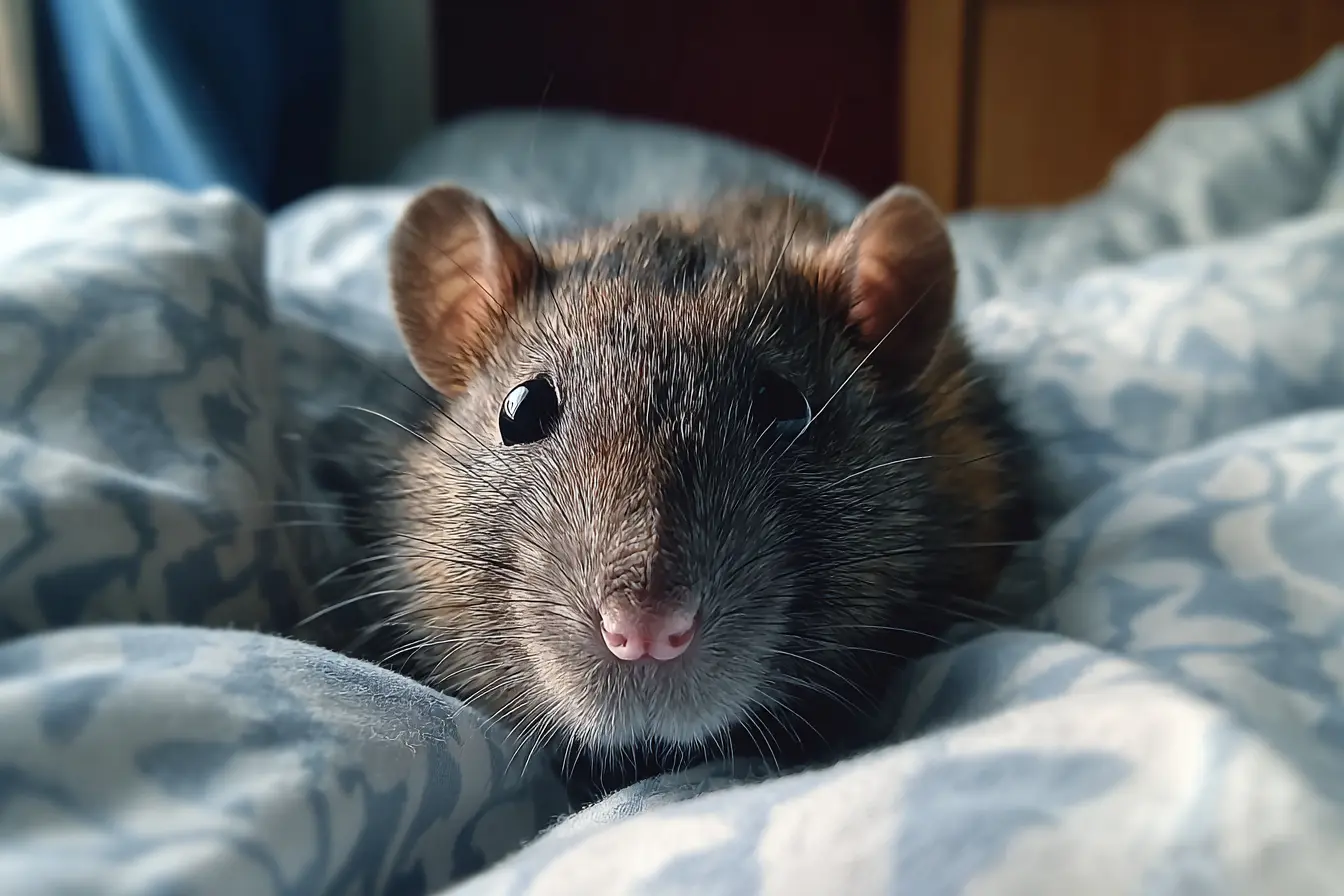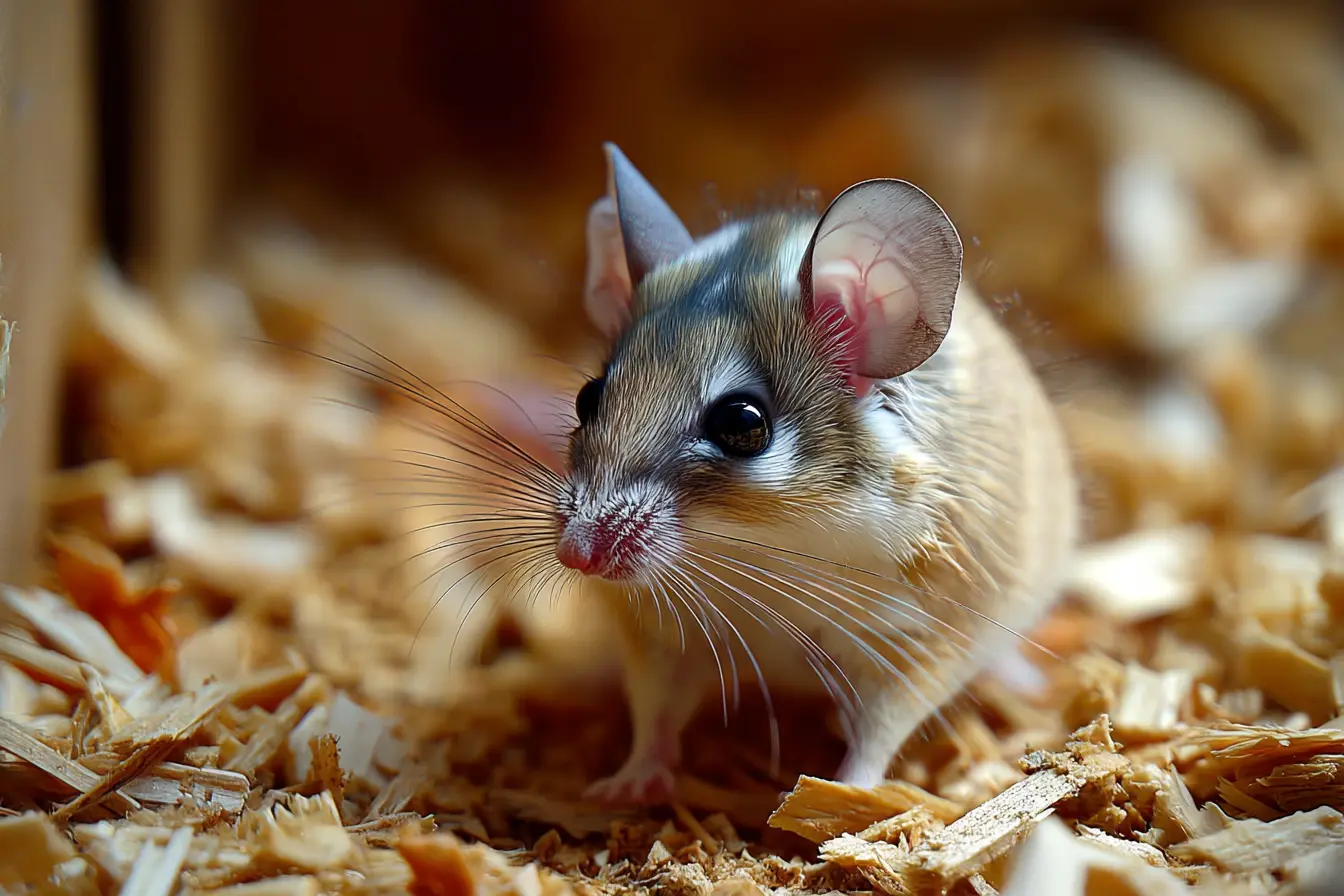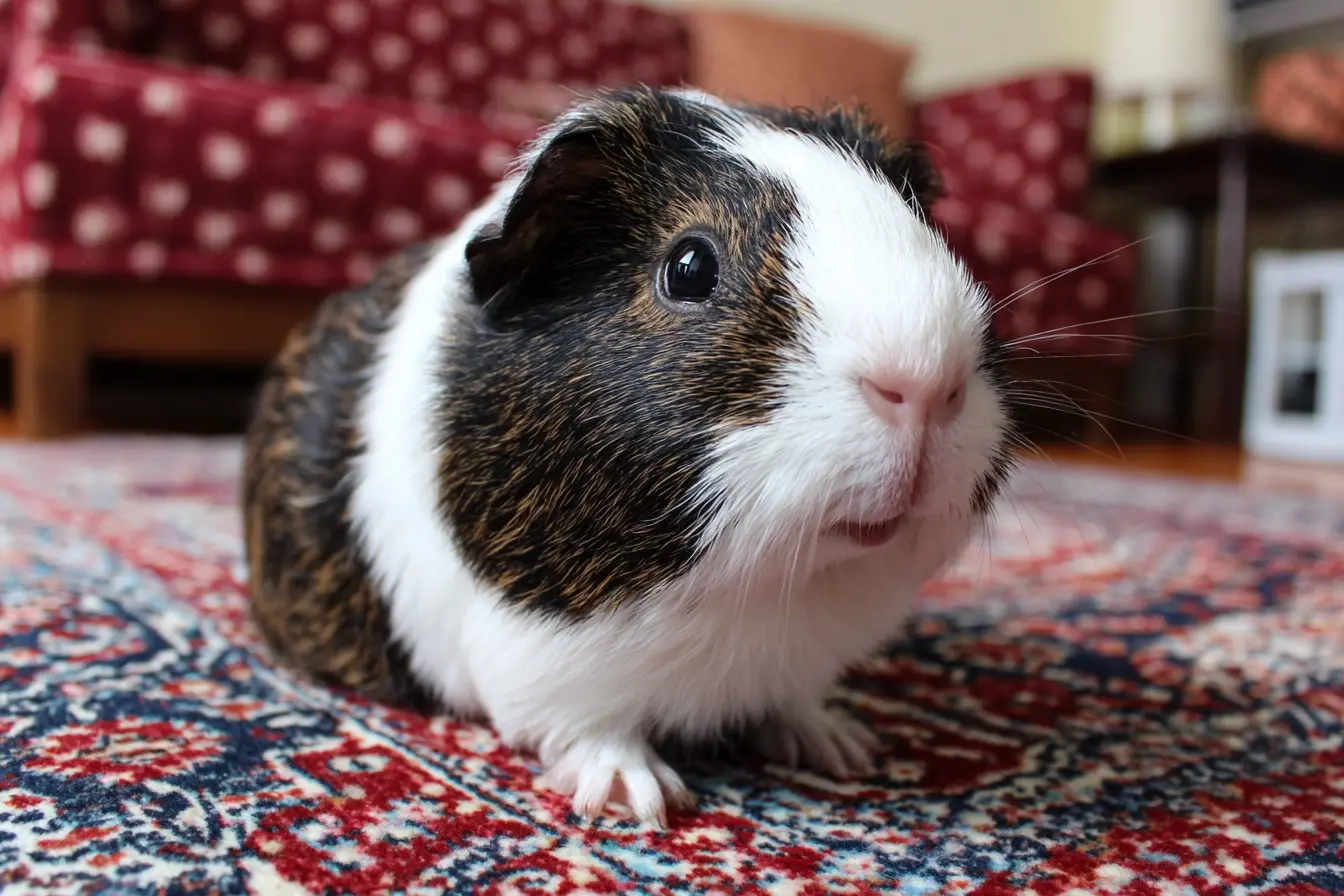
English Guinea Pigs: Friendly, Smooth-Coated Companions for All Keepers
English guinea pigs, also known as American guinea pigs in the United States, are one of the most popular and widely kept guinea pig breeds worldwide. Recognised for their smooth, short coats and gentle personalities, they are an excellent choice for both new and experienced keepers. Their easy-going nature and low-maintenance grooming needs make them especially suitable for families and first-time pet owners.
In this post, we’ll explore everything you need to know about English guinea pigs, from their traits and care requirements to housing, diet, health, and suitability as pets.
What Are English Guinea Pigs?
English guinea pigs are a breed of domesticated guinea pig (Cavia porcellus) that are characterised by their short, smooth coats. They are the “classic” guinea pig that most people picture when they think of the species.
Despite the different regional names, the English and American guinea pig are the same breed. In the UK and much of Europe, “English” is the preferred term, while in the US, “American” is more commonly used.
They are one of the oldest recognised guinea pig breeds and remain a favourite worldwide due to their easy care and friendly personalities.
Key Characteristics
- Size: 20–25 cm in length, weighing between 700–1,200 g (females are usually smaller than males)
- Lifespan: 4–7 years on average, though some can live longer with excellent care
- Temperament: Friendly, gentle, sociable, and generally easy to handle
- Appearance: Short, smooth coat that lies flat against the body
- Colours/Patterns: Available in a wide variety, including solid, bicolour, tricolour, agouti, brindle, and more
English guinea pigs are not as visually extravagant as long-haired breeds like the Peruvian or Silkie, but their simple beauty, ease of grooming, and loving nature make them highly popular.
Social Needs
Guinea pigs are herd animals by nature and should never be kept alone. An English guinea pig kept in isolation will suffer from loneliness, stress, and poor mental health.
Best Practices:
- Keep them in pairs or small groups.
- Same-sex groups or neutered pairs are the safest for households not wishing to breed.
- They thrive on companionship with other guinea pigs but should not be housed with rabbits, as the species have different needs and may injure each other.
Providing social interaction with both humans and other guinea pigs ensures a happy and well-adjusted pet.
Housing and Environment
English guinea pigs require a spacious enclosure that allows for movement, exploration, and enrichment. Unlike hamsters or rats, they are not climbers, so horizontal space is far more important than vertical space.
Enclosure Requirements:
- Indoor cage size: Minimum 120 cm x 60 cm for a pair (larger is always better).
- Outdoor hutches: Must be weatherproof, predator-proof, and paired with a secure run for grazing.
- Bedding: Paper-based, kiln-dried wood shavings (aspen), or fleece liners. Avoid pine and cedar, which release harmful oils.
- Nesting material: Hay is essential both as bedding and food.
- Environment: Keep between 18–24°C; avoid extremes of heat or cold.
Enrichment:
- Tunnels, hideouts, and chew toys.
- Regular floor time in a secure playpen or room.
- Outdoor grazing time in a safe, enclosed run when weather permits.
Clean the enclosure weekly and spot-clean daily to remove soiled bedding and maintain hygiene.
Diet and Nutrition
English guinea pigs have specific dietary needs, especially as they cannot produce their own vitamin C. A balanced diet is essential for their health.
Core Diet:
- Hay: Unlimited supply of fresh, good-quality hay (timothy, meadow, or orchard). This is the cornerstone of their diet and crucial for digestion and dental health.
- Pellets: Small daily portion of fortified guinea pig pellets containing added vitamin C.
- Fresh vegetables: Daily servings of leafy greens and vegetables such as kale, spinach, romaine lettuce, bell peppers, and carrots.
- Fruits: Occasional treats (apple, strawberry, blueberry, orange slice) due to high sugar content.
- Supplements: A vitamin C supplement may be necessary if diet is lacking.
Foods to Avoid:
- Iceberg lettuce (low nutritional value, may cause diarrhoea).
- Onions, garlic, and leeks (toxic).
- Potato and rhubarb (toxic).
- Processed human food, seeds, or nuts.
Fresh, clean water should always be available, preferably in both bottles and bowls.
Grooming Needs
English guinea pigs are low-maintenance compared to long-haired breeds.
- Brushing: Once a week with a soft-bristled brush to remove loose hairs and reduce shedding.
- Bathing: Rarely needed; guinea pigs usually keep themselves clean. Only bathe if medically necessary and use small-animal-safe shampoo.
- Nail trimming: Every 4–6 weeks to prevent overgrowth and discomfort.
- Health checks: Regularly check eyes, ears, teeth, and coat for signs of illness.
This makes the English guinea pig particularly suitable for first-time keepers.
Handling and Behaviour
English guinea pigs are gentle and relatively easy to handle, though they can be nervous if not socialised properly.
Handling Tips:
- Always support their body with both hands.
- Avoid sudden movements and loud noises.
- Allow them to become accustomed to your voice and scent before lifting.
- Provide daily interaction and gentle handling to build trust.
They often enjoy sitting on laps, being hand-fed vegetables, and exploring during floor time. With patience, they become very tame and interactive.
Unique Traits
- Classic appearance: The “traditional” guinea pig look that most people recognise.
- Low grooming needs: A smooth, short coat that rarely tangles.
- Beginner-friendly: Calm temperament and straightforward care make them ideal for first-time keepers.
- Highly social: They thrive on companionship and bond strongly with cage mates and humans alike.
Health and Common Issues
English guinea pigs are generally hardy, but they are prone to some health issues common across all guinea pig breeds.
Common Health Concerns:
- Vitamin C deficiency (scurvy): Causes lethargy, poor coat, and joint pain. Prevented by a vitamin C-rich diet.
- Respiratory infections: Can be triggered by poor ventilation, damp bedding, or stress.
- Dental problems: Overgrown teeth due to insufficient hay.
- Parasites: Mites and lice can cause itching and hair loss.
- Obesity: Caused by too many treats or lack of exercise.
Regular vet checks and prompt attention to signs of illness are essential.
Is an English Guinea Pig Right for You?
English guinea pigs are ideal for:
- First-time pet owners.
- Families with children (with supervision).
- People looking for low-grooming, friendly small pets.
- Keepers who can provide space, companionship, and daily care.
They may not be suitable for:
- People seeking a “low-maintenance” pet (they still need daily feeding, cleaning, and interaction).
- Homes where guinea pigs would be kept alone.
- Those unable to provide adequate space and enrichment.
Conclusion
English guinea pigs are friendly, gentle, and easy-to-care-for pets that appeal to both new and experienced keepers. Their smooth coats require minimal grooming, and their sweet temperaments make them excellent companions. While their care needs are relatively straightforward, they still require social companionship, a spacious enclosure, a balanced diet rich in vitamin C, and daily human interaction.
For anyone looking for a loving, beginner-friendly pet, the English guinea pig is one of the best choices available.
Vets near you
Speciality vets
- Aquatics vet specialists
- Birds vet specialists
- Camelids vet specialists
- Cats vet specialists
- Cattle vet specialists
- Deer vet specialists
- Dogs vet specialists
- Equines vet specialists
- Exotic vet specialists
- Goats vet specialists
- Pigs vet specialists
- Poultry vet specialists
- Sheep vet specialists
- Small Mammals vet specialists
- Wild vet specialists
Vet facilities
- Accessible by public transport
- Blood testing
- Car park nearby
- Client car park
- Dentistry
- Diagnostic imaging
- Disabled public access
- Flea and worm treatments
- Microchipping
- Mobile services
- Neutering
- Open at weekends
- Out-of-hours service
- Referral interests
- Referrals only
- Street parking outside
- Toilets available
- Vaccinations
